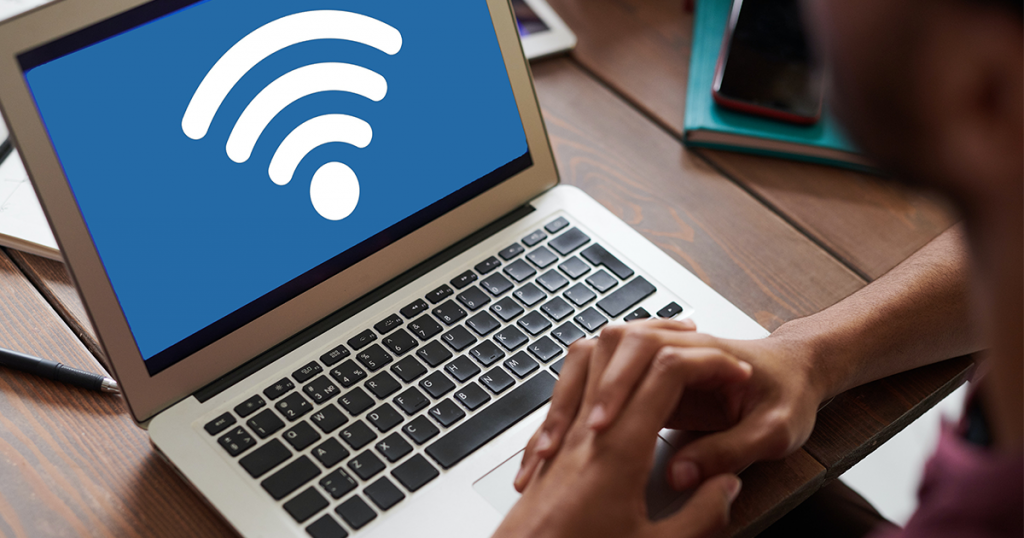With schools and businesses across the United States closing to slow the spread of COVID-19, internet access is more important than ever. People need to go online in order to work, attend school, and stay connected, but millions of Americans don’t have a broadband signal at home. With that in mind, libraries and advocates are calling on the Federal Communications Commission (FCC) to help them expand internet access in their communities.
The FCC’s E-rate program makes more than $4.5 billion available annually to support internet connectivity in libraries and schools. But with libraries having to close their doors to the public, it’ll take additional support and innovative solutions to continue to provide internet access while maintaining social distancing. In a proposal backed by the American Library Association, FCC member Jessica Rosenworcel has asked for added funding for libraries and schools to purchase Wi-Fi hotspots to loan out to students and others in need. For people without their own internet connections at home, these hotspots would serve as a crucial lifeline to the digital world, making it possible to study, work, and connect with loved ones while staying safely indoors.
Libraries are also calling on the FCC to permit them to extend their building Wi-Fi signal further out into their communities. Many libraries are already maintaining strong internet connections in their parking lots so that locals can access the internet from their cars, but this proposal would allow them to help even more people stay connected.
“While many in our community have adopted mobile and digital technology, many others are limited by the varied, or complete lack of, internet access possible in rural communities like mine. Internet access via cell phones is minimal in some areas and too expensive for other members of the community,” Claudia Haines, Youth Services Librarian at Homer Public Library in Alaska, told I Love Libraries. Additional E-rate funding would allow the library to expand Wi-Fi access around the building and help narrow the digital divide for Homer residents.
“Libraries are committed to providing services to patrons when they need them and where they need them,” Lauren Abner, Technology Consultant at the Kentucky Department for Libraries & Archives, added. “By easing restrictions on cellular data requests and the requirement for eligible services to be used strictly on library property, the E-rate program can help public libraries to improve connectivity for their communities and close the homework gap.”
In this time of great uncertainty, libraries have stepped up to provide creative virtual programming and increased access to online services. If the FCC provides expanded federal funding for broadband through the E-rate program, libraries will be empowered to do even more to keep their communities connected.
Sign up for action alerts from the American Library Association to support policies that keep libraries strong.



